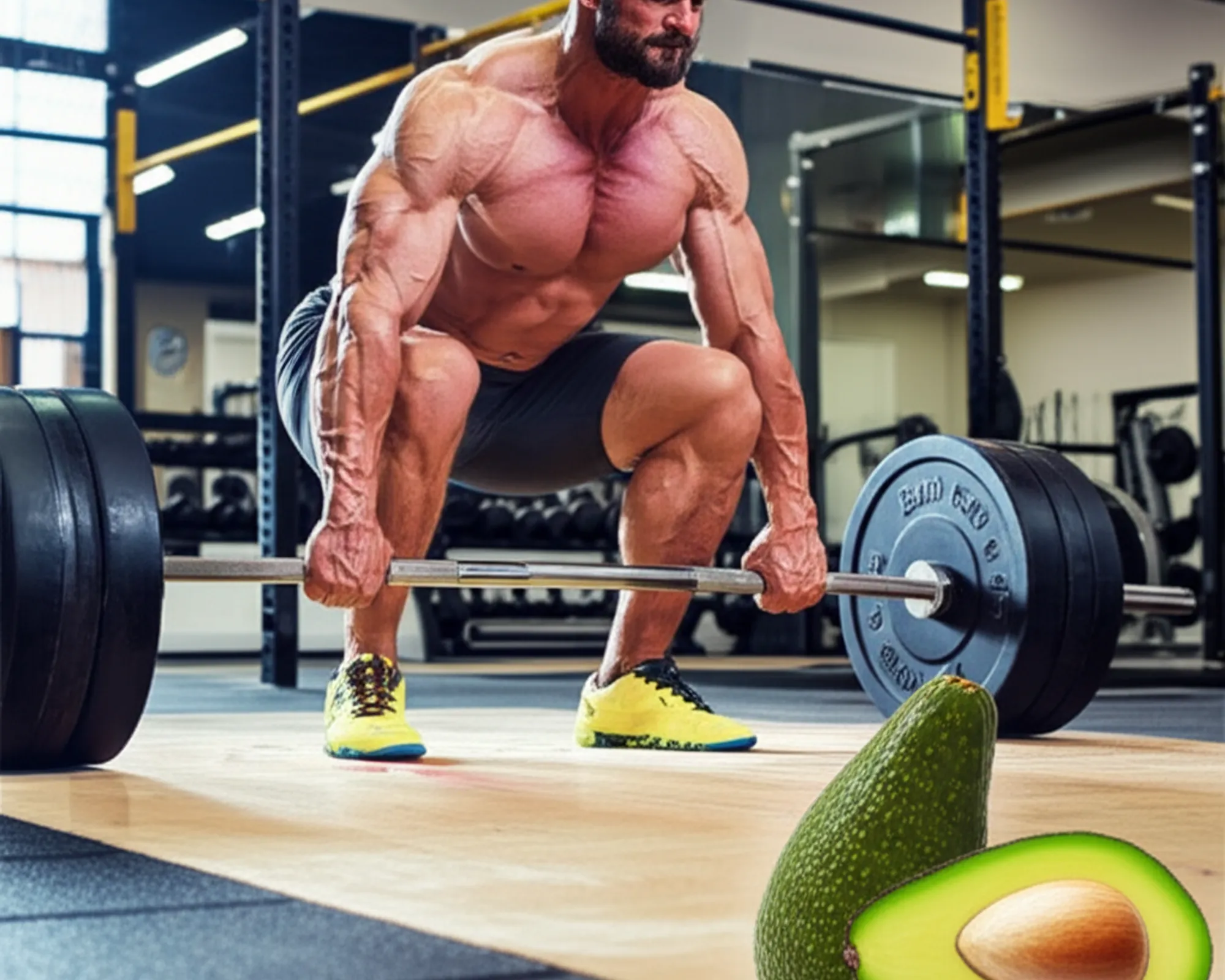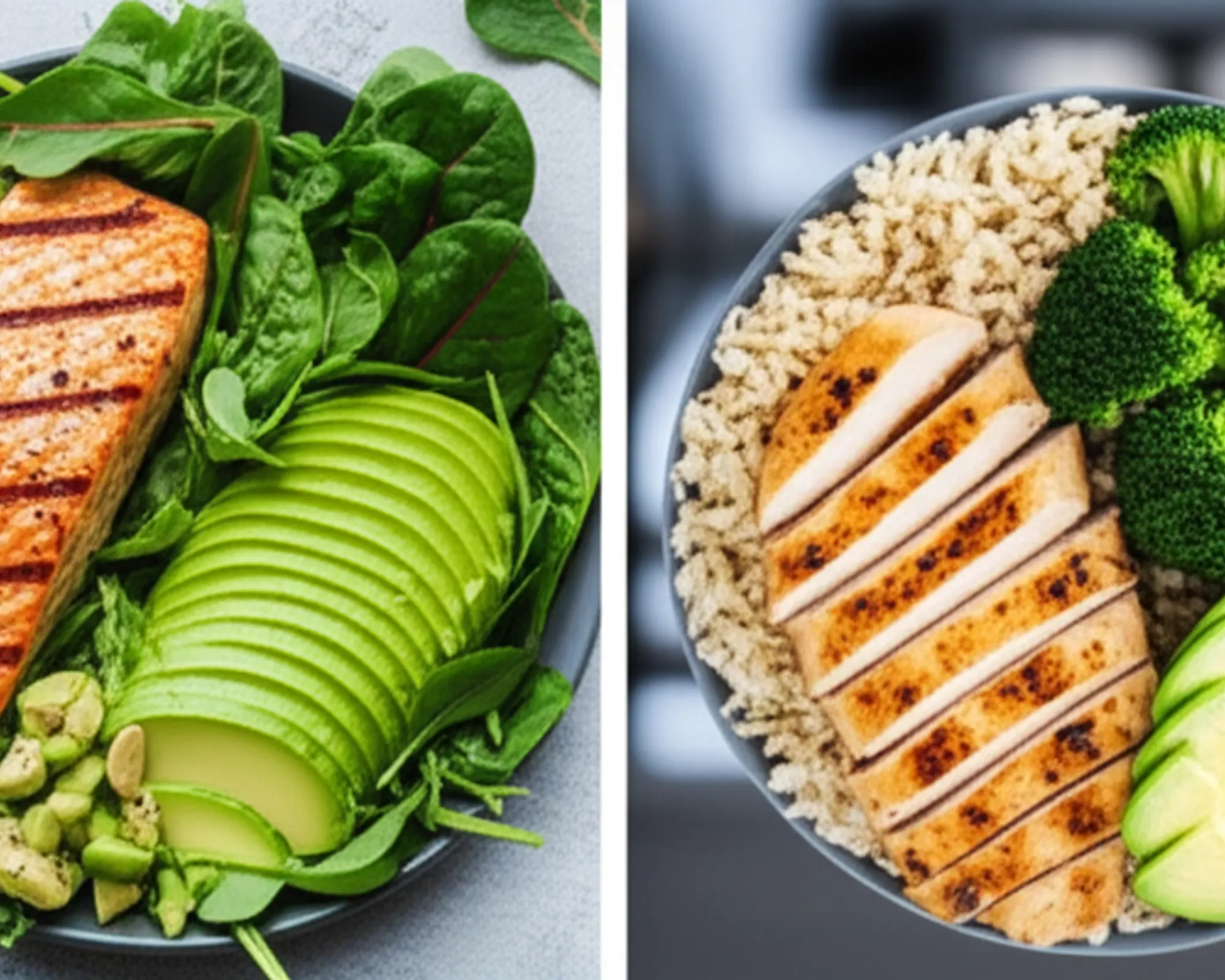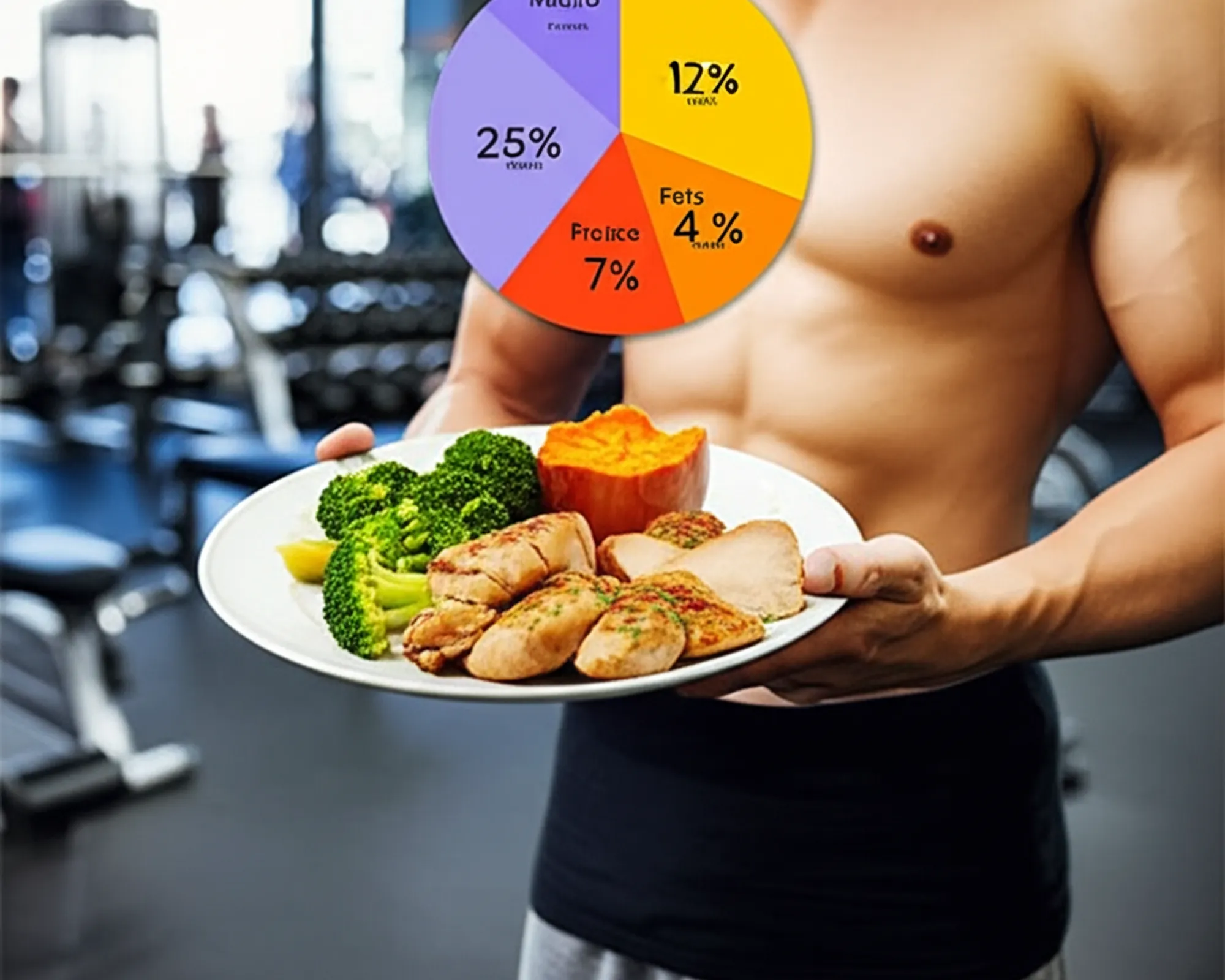Fat Intake and Testosterone: The Macro Link for Gym Performance

For anyone serious about making gains in the gym, nutrition is paramount. We often hear about protein for muscle repair and carbohydrates for energy, but what about fats? Often demonized in the past, dietary fats play a crucial, often underestimated, role in hormonal health, particularly when it comes to testosterone. If you're pushing heavy weights, striving for muscle growth, or simply want to maximize your athletic potential, understanding the intricate relationship between your fat intake and testosterone levels is not just beneficial—it's essential. This macro link could be the missing piece in your gym performance puzzle.
Testosterone, the primary male sex hormone, is a powerhouse when it comes to physical performance. While both men and women produce it (though in vastly different amounts), its impact on muscle growth, strength, bone density, and even mood is undeniable. Higher, healthy testosterone levels are associated with increased muscle protein synthesis, reduced body fat, improved recovery, and greater power output – all critical elements for achieving your fitness goals. Low testosterone, conversely, can lead to decreased energy, reduced strength, increased body fat, and a struggle to make progress, regardless of how hard you train.
Here's where dietary fats enter the spotlight. Testosterone, along with other steroid hormones like estrogen and cortisol, is synthesized from cholesterol. And where do we get cholesterol? Primarily from the fats in our diet. This means that adequate intake of the right types of fats provides the necessary building blocks for healthy testosterone production. Deprive your body of these crucial fats, and you inherently limit its ability to produce this vital hormone.
Not all fats are created equal, and their specific roles in testosterone production vary:
- Saturated Fats: Historically demonized, saturated fats are now recognized as important for hormonal health. They provide the raw material (cholesterol) needed for testosterone synthesis. Sources include red meat, eggs, and coconut oil. Moderate intake is key.
- Monounsaturated Fats (MUFAs): These are often lauded for their heart-healthy benefits and also play a positive role in testosterone levels. Studies suggest a diet rich in MUFAs can support healthy hormone production. Excellent sources include avocados, olive oil, nuts (almonds, cashews), and seeds.
- Polyunsaturated Fats (PUFAs): These include Omega-3 and Omega-6 fatty acids. While essential for overall health, some research indicates that excessive intake of certain PUFAs, particularly Omega-6s when not balanced by Omega-3s, might potentially suppress testosterone. However, Omega-3s (found in fatty fish like salmon, flaxseeds, chia seeds) are crucial for reducing inflammation and supporting overall cellular health, indirectly benefiting hormone function. The key here is balance and ensuring sufficient Omega-3 intake.
Extremely low-fat diets, often adopted in an attempt to lose weight, can be detrimental to testosterone levels. When your body doesn't receive enough dietary fat, it simply lacks the necessary raw materials to produce hormones efficiently. Conversely, a diet overly reliant on unhealthy trans fats and highly processed fats can also negatively impact hormonal balance and overall health.
So, how much fat should a gym-goer consume? While individual needs vary, a general guideline for athletes and those looking to optimize testosterone and performance is to aim for 20-35% of their total daily caloric intake from fats. For someone consuming 2500 calories, this would translate to 55-97 grams of fat per day. Prioritize healthy fats, ensuring a good balance of saturated, monounsaturated, and polyunsaturated fats, with a particular emphasis on Omega-3s.
It's not just about the quantity, but the quality. Focus on whole, unprocessed sources that deliver a spectrum of beneficial fatty acids.
Making smart fat choices is easier than you think. Here are some actionable tips:
- Embrace Avocados: Add them to salads, sandwiches, smoothies, or enjoy with eggs.
- Snack on Nuts and Seeds: Almonds, walnuts, chia seeds, flaxseeds, and pumpkin seeds are nutrient-dense and packed with healthy fats.
- Cook with Healthy Oils: Olive oil for dressings and lower-heat cooking, and coconut oil for higher-heat applications (in moderation).
- Include Fatty Fish: Aim for 2-3 servings of salmon, mackerel, or sardines per week for a potent dose of Omega-3s.
- Don't Fear Egg Yolks: The yolk is where the cholesterol and most of the nutrients reside, making them excellent for testosterone support.
- Choose Quality Meats: Opt for grass-fed beef when possible, which often has a more favorable fat profile.
While fat intake is a significant piece of the puzzle, it's crucial to remember that testosterone levels are influenced by a multitude of factors. For holistic hormonal health and peak gym performance, consider:
- Adequate Sleep: Aim for 7-9 hours of quality sleep per night. Sleep deprivation is a major testosterone suppressor.
- Stress Management: Chronic stress elevates cortisol, which can negatively impact testosterone production. Incorporate stress-reducing activities like meditation, yoga, or hobbies.
- Strength Training: Regular resistance training is a powerful stimulus for testosterone release.
- Vitamin D and Zinc: These micronutrients are essential for testosterone synthesis. Ensure you're getting enough through sun exposure (for Vitamin D), diet, or supplementation if necessary.
- Limit Alcohol: Excessive alcohol consumption can impair testosterone production.
The link between dietary fat intake and testosterone levels is undeniable and profoundly impacts your potential in the gym. By understanding the critical role healthy fats play as precursors to this vital hormone, you can make informed nutritional choices that support optimal production. Don't fall into the trap of an overly restrictive low-fat diet. Instead, embrace a balanced approach that prioritizes quality sources of saturated, monounsaturated, and polyunsaturated fats. Fuel your body with the right macros, pay attention to lifestyle factors, and watch your strength, muscle growth, and overall gym performance reach new heights. This macro link isn't just about hormones; it's about unlocking your full athletic potential.


